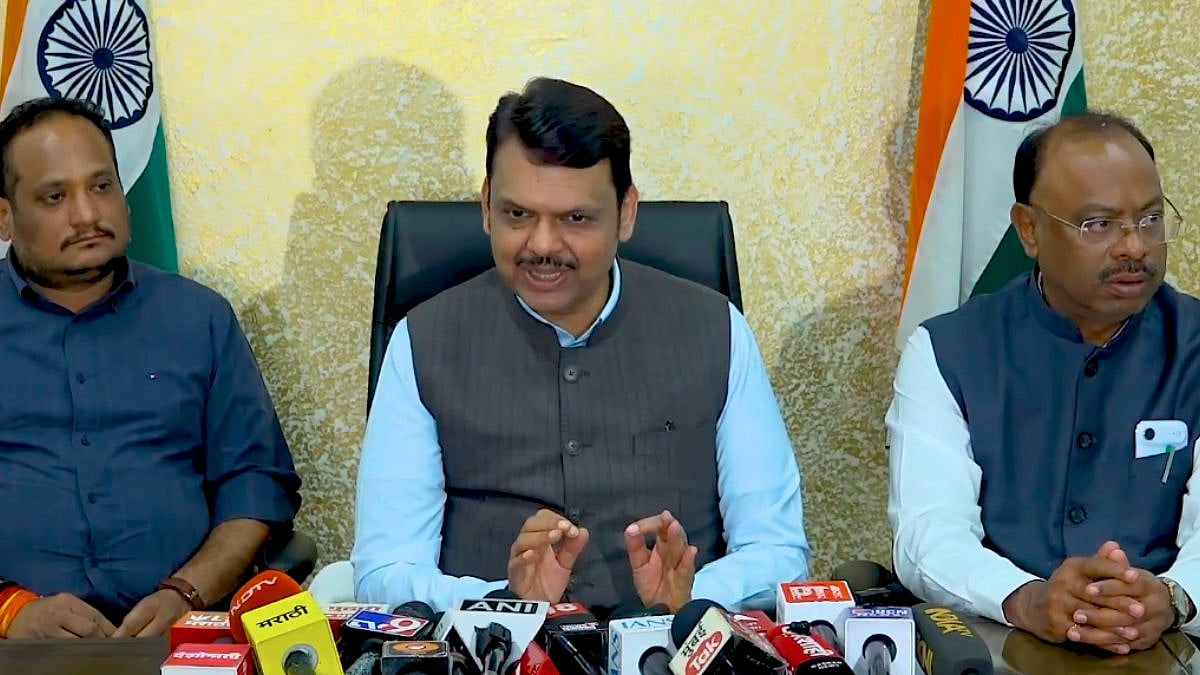The budget session of Parliament started on a stormy note as the Hindenburg Report raised valid questions and concerns about the Adani Group valuation. This wasn’t the first time that a deep dive in the group’s valuation was questioned; however, this was a first that rocked the global markets, especially Indian markets. It shook investor confidence as they saw almost 100 billion dollars of the market capital wiped off; the FPO though fully subscribed was withdrawn, but most importantly it led to the nexus of the system and the group that has from 2014 to date seen a phenomenal rise in its enterprise. The Opposition has been united in its demand for a joint parliamentary committee and it is important that the reasons for the demand are understood. While the agencies have been subdued in their response, the government is on the defensive and BJP hasn’t participated in any discussions on the topic. Indian media has barely discussed the issue threadbare, the corporate giant has anyway chosen to call the report against national interest.
Let us begin by recalling the landmark case of a Wall-Street giant – the legendary Enron case. The Enron Corporation scandal is a timeless case-study for most business schools about a company that reached dramatic heights only to face a terrible fall impacting not only its thousands of employees but also shaking the mighty Wall Street to its core. While at its peak, its shares were worth $90.75, they were reduced to $0.26 when it filed for bankruptcy. All it took for this ‘too big to fail’ firm to shake up the economy of the entire country was mere collusion of leadership and a few accounting manipulations. Much like India’s self-proclaimed Rockefeller, this case was also exposed by a short-seller.
The unfolding of the report has opened a Pandora’s box of consequences to crony capitalism and system-manipulation where the business is not only manipulating the market by playing with the innocent investors’ faith, but is also using the government, regulators and other stakeholders as pawns in the quest to reap the maximum benefit to serve self-interests.
The allegations against the conglomerate are not out of the blue. There are several reports in the news by various Indian media houses which date as far back as 2016. It does not come as a surprise that the net worth of Gautam Adani has seen a growth from $7.1 billion in 2014 to $137.4 billion in 2022. What started as a commodity trading partnership in Gujarat has now penetrated deep in India’s some of the most critical infrastructures and capital assets. It is usually not surprising to observe a surge in market capitalisation of any company, but in this case, what is surprising is a surge in a case where the conglomerate invested in infrastructure projects — which usually take decades to pay off (and not reflect sudden changes in value assessment). Thus, it becomes necessary to investigate the financing of the company. In the case of Adani, the low debt-to-coverage ratio, which has reduced from 2.69 in until 2015 to only 1.44 in 2022, captures the limited buffer the group has on its debt because the income is barely higher than interest expenses.
Further, while it is a fact that family companies are owned by families running them, what is surprising is that family owns close to 73% of the total outstanding equity. Of the remaining 27%, a significant percentage is held by foreign institutional investors, with Vanguard and Blackrock making the list, largely through their index funds holdings followed by Indian Institutions such as LIC while the retail investors remain mere minority shareholders.
The tax haven countries are beneficial because they have minimal disclosure requirements. In the present case, the conglomerate has been accused of using the shell companies to inflate revenues and manipulate earnings, thereby creating an impression of the company being successful, which further increases the market value of the listed companies to only enhance the net worth of the promoters. For instance, in the present case, the rise in net worth of the Adani group from US $8 billion to US $140 billion from 2014 to 2022 is astonishing.
In the case of Adani Group of companies, foreign investors such as Elara India Opportunities, Albula Investment, Asia Investment Corp etc., investing as much as 98.5% of their portfolio raises questions on the traceable presence of these companies. Another crucial aspect that requires attention is investment by companies like New Linea which offer ‘variety of investment solutions’ but have 95% of their assets in Adani Green Energy Ltd.
While it is not the first such case which has the potential to cripple the Indian market, what is crucial is the new form of capitalism that is taking shape since the Harshad Mehta and Ketan Parekh scam. The repercussions are serious. For instance, French energy giant TotalEnergies SE has put a multi-billion-dollar plan to produce green hydrogen with Adani on hold for now.
This makes the issue too big to ignore/hide for the government and regulators such as SEBI. Over 70% of the gross debt of $30 billion of the conglomerate comes via foreign banks and bond holders. Never before was the independence of India’s regulatory agencies so doubtful.
Ideally, such irregularities should have invited investigation by the Enforcement Directorate under the provisions of the Prevention of Money Laundering Act, 2002. The SEBI should also have been alerted to investigate the veracity of disclosures and compliance of listing requirements made by the group. Strong surveillance measures should have been taken on what it has termed as “unusual price movement observed in stocks of business conglomerate”. The RBI and other regulatory agencies could have ensured that the current procedures, vigilance, and enforcement mechanisms are adequately supervised.
Yet, it is unfortunate that we see a not only passive-responsive approach but rather a defensive one on the part of regulatory agencies. Merely the fact that it is a foreign short-seller that has triggered the crisis is not enough to dismiss the gravity of the allegations. Even if the short-seller’s allegations are based on certain vested interests, the fact remains that the entire episode has exposed the vulnerabilities of India’s market and regulatory agencies.
It took India a Harshad Mehta and Ketan Parekh to give teeth to its regulatory agencies. The question is — do we wait for the horse to be stolen before closing the stable door? While the government has been proactive in a witch-hunt against its political opponents, there is an urgent need for understanding the economic, political as well as geo-political consequences of political favouritism. It is time India takes a vigilant approach to prevent future market risks and learns from the experiences of newer forms of capitalism.
Priyanka Chaturvedi is a Member of Parliament, Rajya Sabha, and Deputy Leader of the Shiv Sena









